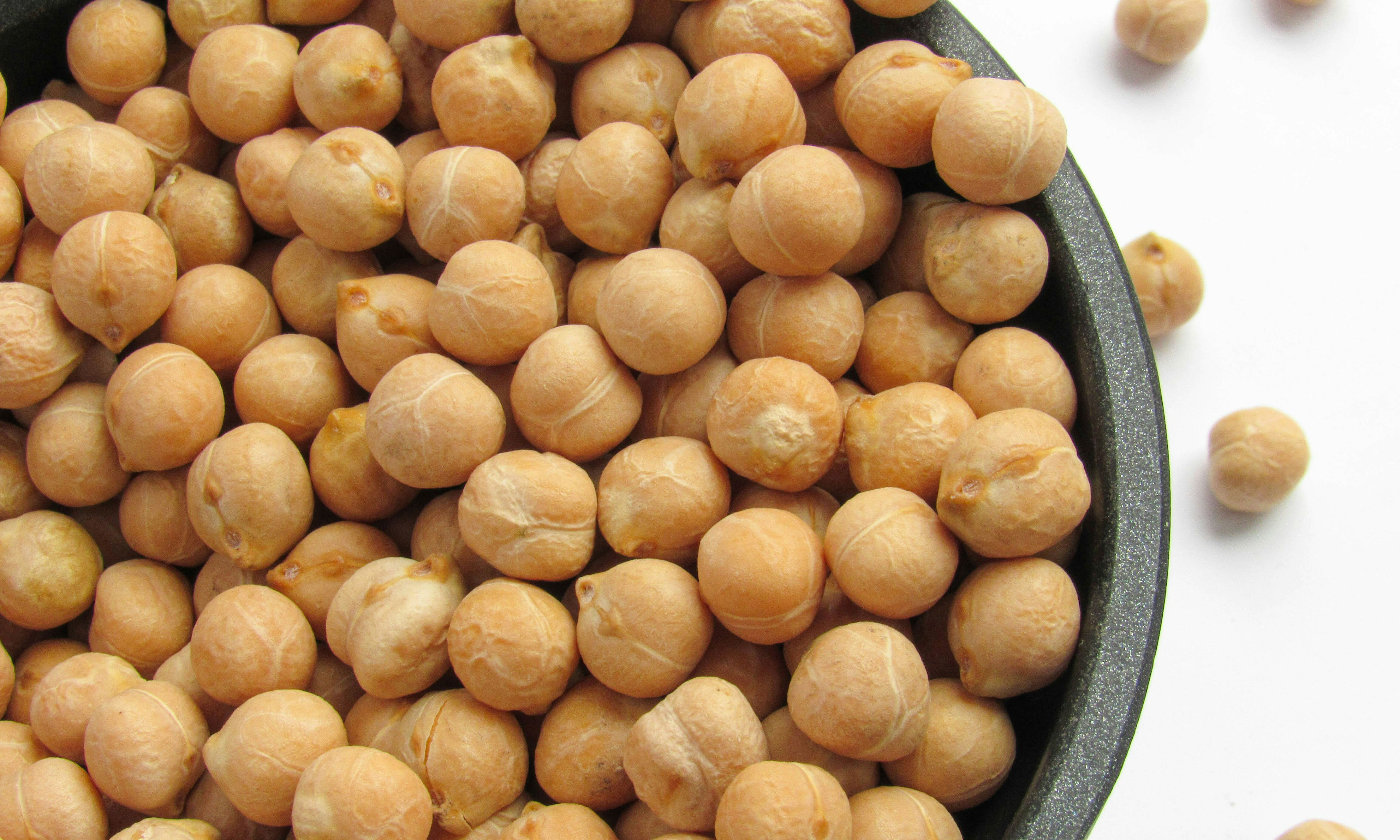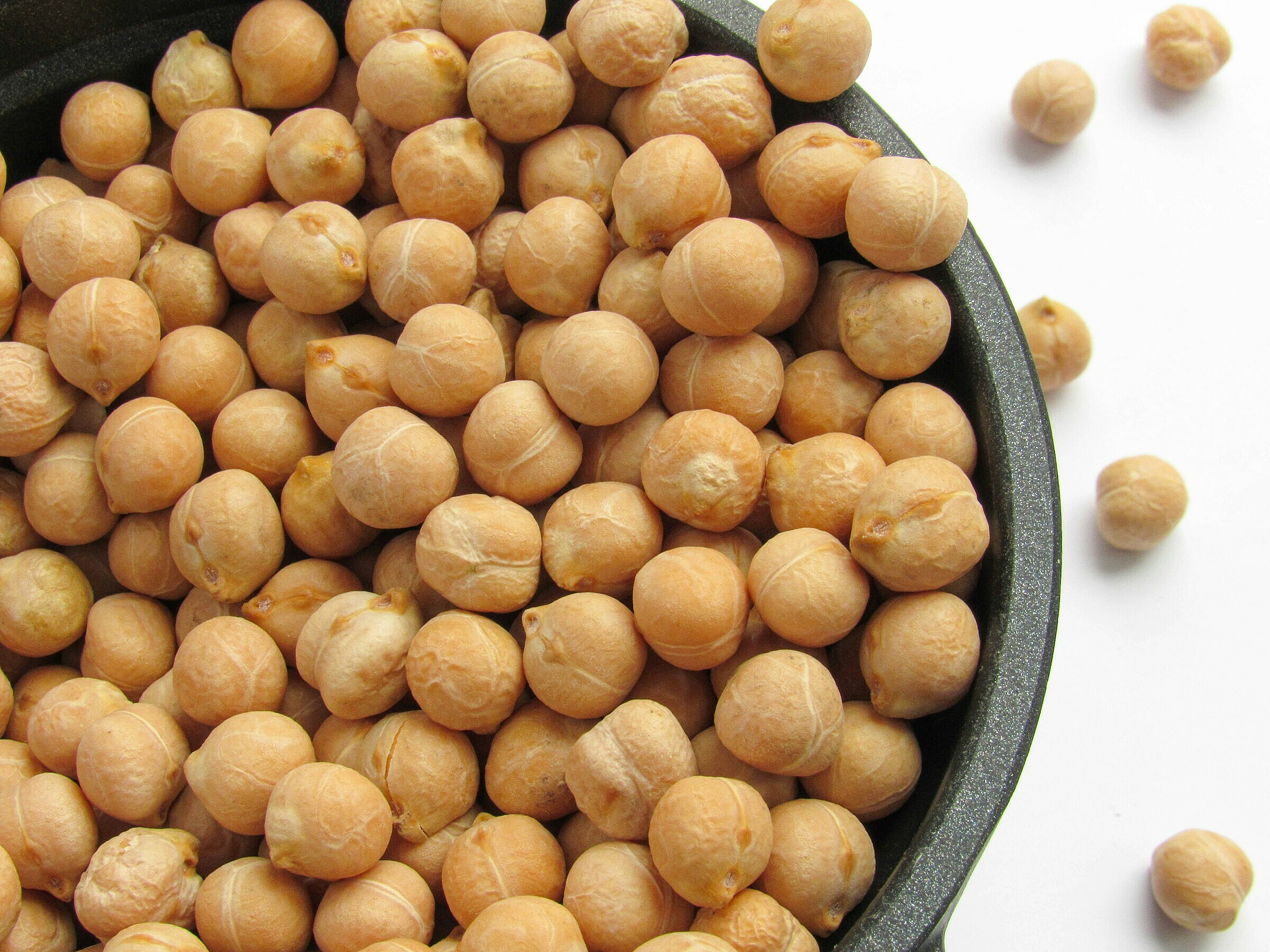
Although many individuals link protein primarily to meat consumption, various plant-based alternatives can boost your protein levels, such as edamame, quinoa, and mung beans.
According to Medical News Today , protein is one of the three primary macronutrients, along with carbohydrates and fats. high-protein diet offers numerous health advantages, spanning from enhancing sports performance to assisting with weight reduction.
For individuals looking to expand their culinary horizons or embrace a vegetarian or vegan way of life, below are the top 10 plant-based foods richest in proteins, according to Healthline :
1. Edamame
The protein content is 18.4 grams per cup (250 grams).
Rich in essential nutrients like vitamins and minerals, edamame may provide various health advantages including decreased cholesterol levels, stabilized blood glucose, reduced likelihood of specific types of cancer, eased menopause-related symptoms, and lessened bone density loss.
2. Lentils
The protein content is 17.9 grams per cup.
Lentils are abundant in B vitamins, folic acid, iron, potassium, and fiber. Eating lentils can potentially aid in preventing heart conditions, specific types of cancer, combating tiredness, and enhancing digestive health.
3. Pinto beans
The protein content is 15.4 grams per cup.
Commonly featured in Mexican dishes, pinto beans are rich in essential nutrients such as fiber, thiamine, iron, magnesium, phosphorus, and potassium. Incorporating these beans into your diet might enhance blood glucose control, promote cardiovascular well-being, and assist in shedding pounds.
To gain additional health advantages, it’s suggested to opt for dried pinto beans rather than their canned counterparts.
4. Chickpeas

|
|
A bowl full of chickpeas. Stock image courtesy of Unsplash. |
The protein content is 21.3 grams for every 100 grams.
Chickpeas can help prevent or manage several health issues, including decreasing blood sugar levels, lessening the chance of developing type 2 diabetes, enhancing glycemic control, reducing LDL cholesterol, and assisting with weight management.
5. Mung beans
The protein content is 14.2 grams per cup.
Packed with essential vitamins, minerals, and beneficial enzymes, mung beans make for an outstanding addition to one’s diet. These legumes might offer antioxidant, antifungal, and antimicrobial advantages along with displaying anti-inflammatory effects. Additionally, they could aid in reducing blood sugar and blood pressure levels and possess potential anticancer properties.
6. Fava beans
The protein content is 12.9 grams per cup.
Fava beans are rich in nutrients and can offer substantial health advantages. Consuming them regularly might assist in reducing Parkinson's disease symptoms, preventing birth defects, enhancing immune function, promoting weight loss, and decreasing cholesterol and blood pressure levels.
7. Lima beans
The protein content is 11.6 grams per cup.
Five-bean varieties contain minimal amounts of fats yet boast substantial levels of carbohydrates, dietary fibers, proteins, vitamins, and essential minerals. A single serving can meet over twenty-five percent of your recommended intake for key nutrients like copper, manganese, folic acid, iron, and thiamin.
These nutrients are abundant in magnesium, potassium, and vitamin B6, which aid in maintaining gut health, managing weight, promoting heart health, and enhancing blood sugar regulation.
8. Green peas
The protein content is 8.58 grams per cup.
Green peas offer a combination of carbohydrates, proteins, and essential nutrients such as fiber, Vitamin A, and Vitamin K. Studies indicate that they might help guard against chronic conditions like heart disease and cancer, while also aiding in regulating blood sugar levels and promoting healthy digestion.
9. Quinoa
The protein content is 8.14 grams per cup.
Quinoa stands out as a gluten-free grain that boasts high levels of fiber, minerals, antioxidants, and proteins. This ingredient is not only adaptable and tasty but also straightforward to cook with. Incorporating quinoa into your diet could potentially enhance both your metabolism and heart health.
10. Wild rice
The protein content is 6.54 grams per cup.
Wild rice provides marginally fewer calories compared to both brown and white rice and includes trace amounts of nutrients like iron, potassium, and selenium. This can contribute to better cardiovascular health and potentially lower the chance of developing type 2 diabetes.



0 Comments